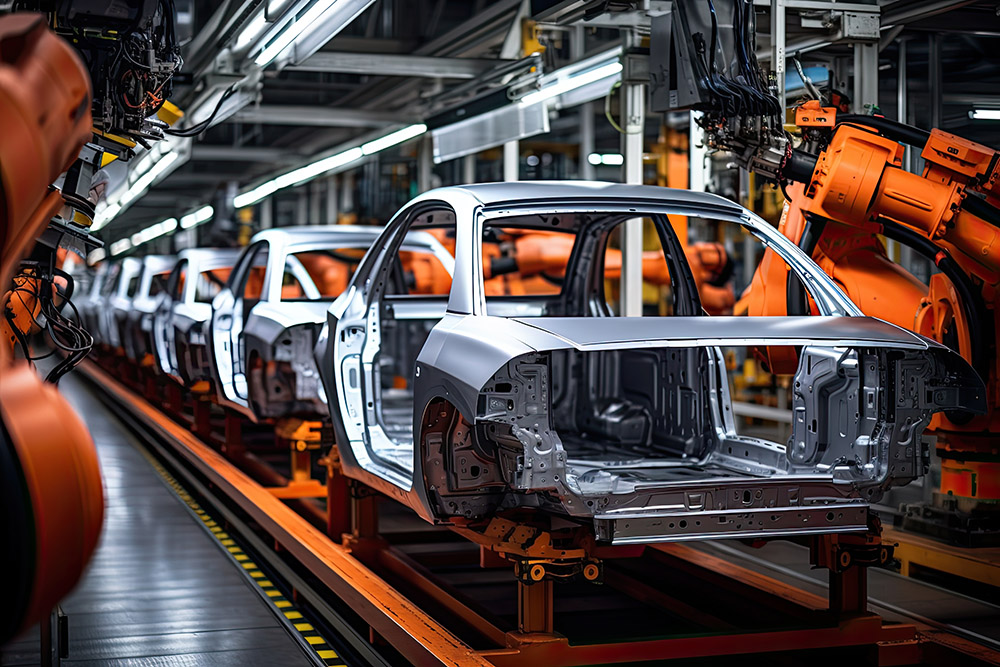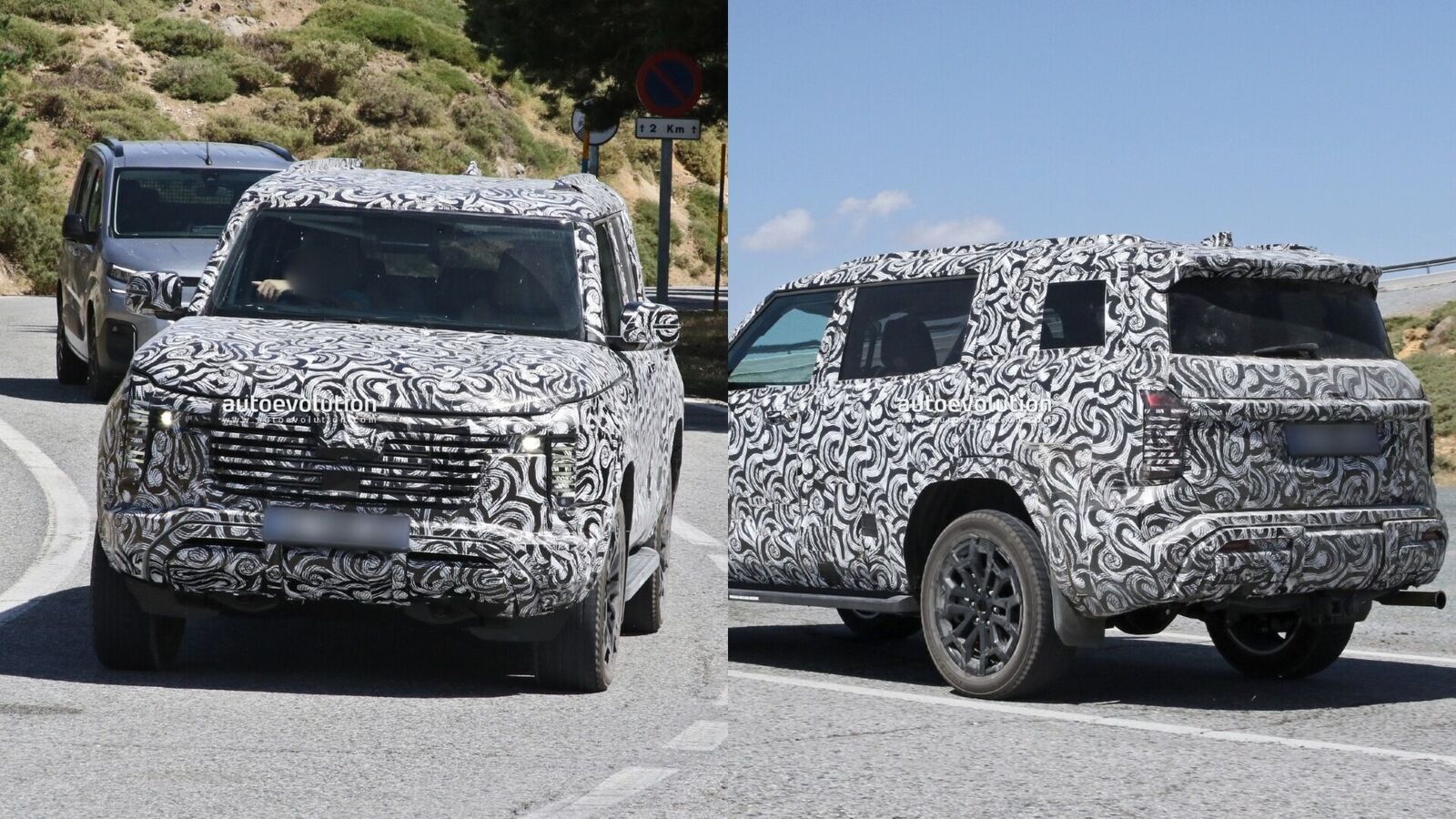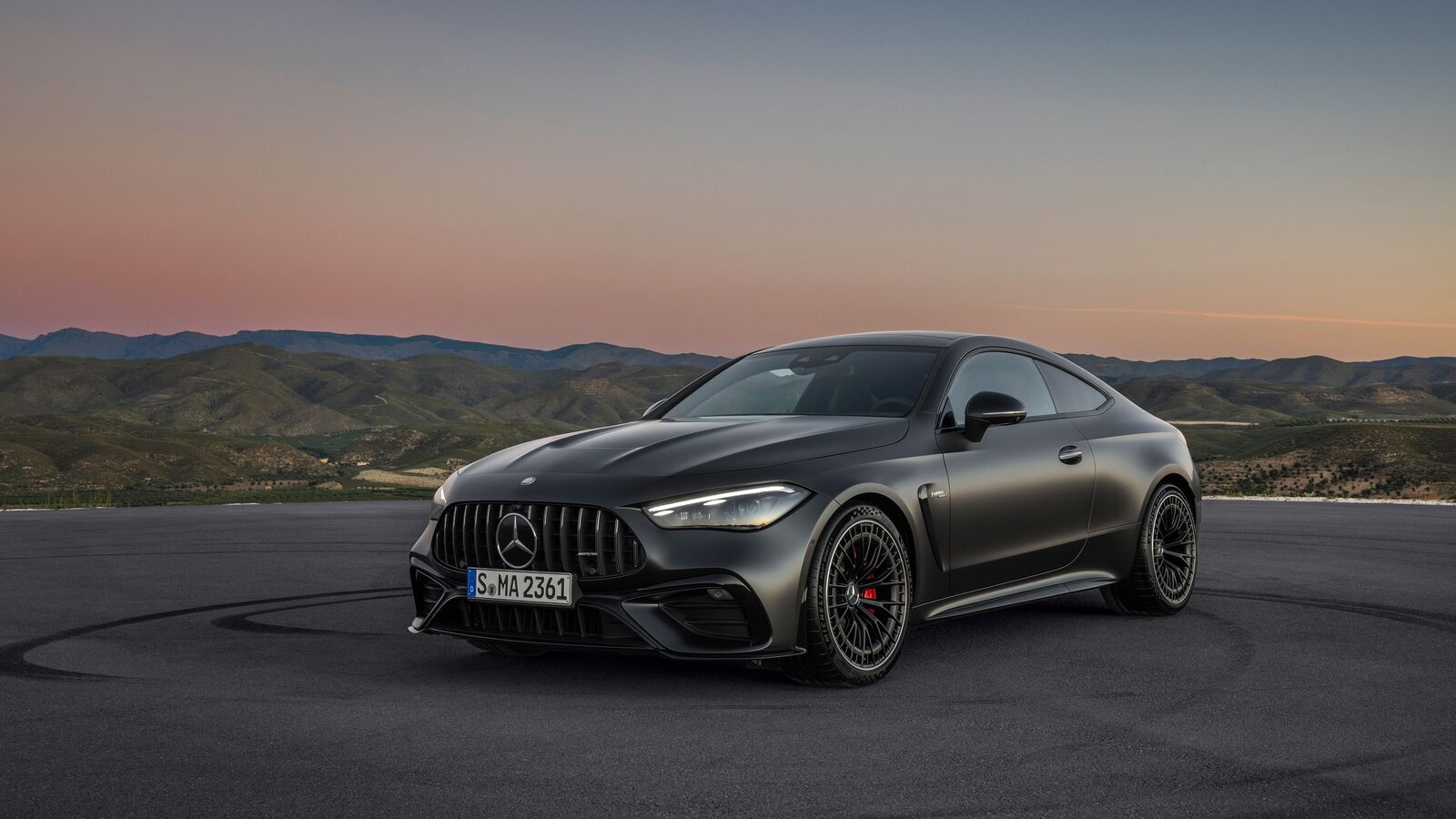Governments in Europe and the US are increasingly alarmed about the rise of China’s EV industry, which has benefitted greatly from government subsidies (to say nothing of low-cost labor, technology transfers from Western automakers, and those same automakers’ reluctance to commit to electrification).
Policymakers may invoke global trade rules to try to stem the tide. Back in October, the European Commission launched an anti-subsidy investigation into China’s EV exports. The EU suspects China of providing unfair subsidies and bank lending, and fears that China is building EV plants with far more capacity than needed for domestic demand.
In response to criticism of the country’s industrial and trade policies, Chinese officials now say they will “rein in” some of its EV exports. The Financial Times reports that the Beijing government will control “blind” construction of new EV projects by taking “forceful measures.” “There are also some disorderly competition behaviors,” Xin Guobin, Vice-Minister of Industry and Information Technology, told the FT.
We’ll leave it to the trade negotiators to parse exactly what that means, but does the country really plan to “rein in” an enterprise that it has long seen as a key to becoming a global industrial superpower? Chinese companies such as BYD, which recently overtook Telsa is the world’s largest seller of EVs, are building factories in Mexico, Hungary and other strategic stepping-stone locales, and it’s hard to see what trade hawks can do about that.
Some contrarians, including perennial free-trade champion The Economist, argue that we should consider the benefits to the environment, and see more EV imports as an opportunity, not a problem. (However, one point that’s often missed in discussions of the issue is that China is exporting quantities of gas-guzzling cars too.)
Efforts by governments to stop undesired movements of goods (or people, or ideas) around the world don’t have a good track record. By all accounts, Chinese automakers are now building EVs that are comparable in quality to homegrown models, and offering them at low prices. Instead of launching a War on Chinese Cars, why don’t automakers launch a War on Polluting Cars? If GM, Ford et al would stop lobbying against emissions regulations, and start building EVs people want at prices the masses can afford, they might just be able to beat the Chinese at their own game—and clean up the air a little while they’re at it.
Source: Financial Times via Electrek





